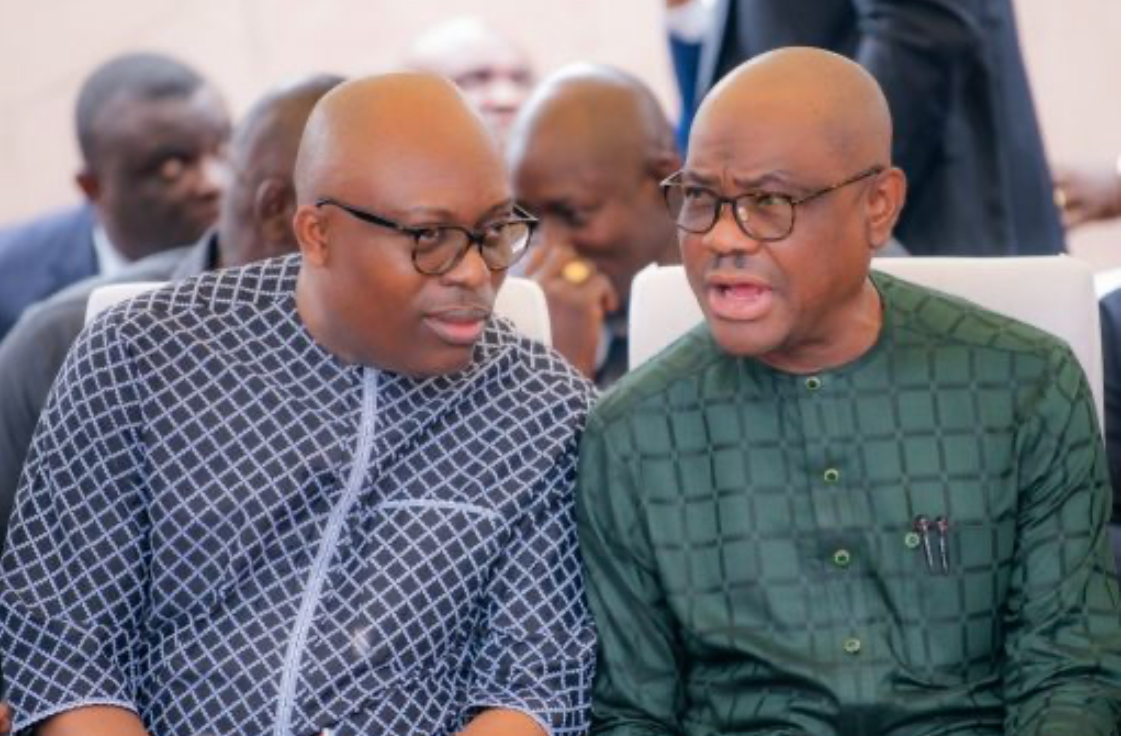Last Friday, President Bola Tinubu brokered another peace deal between Rivers State governor Siminalayi Fubara and Federal Capital Territory (FCT) minister Nyesom Wike. The deal, which some of the governor’s supporters have described as wholesale capitulation, appeared potent enough to restore the state to some normality. Mr Wike described the deal as one designed to favour everybody, that is, everybody gains something and everybody loses something, with neither side unduly favoured. He is entitled to his opinion. On the other hand Mr Fubara described the deal as a divine intervention. He promised to do everything in his power to sustain it. He is also entitled to his optimism. The peace meeting was reportedly inspired by the president, but he left the combatants to hammer out a deal by themselves, untrammeled by his office. After the first round, in which the elements of the deal were chiseled without the involvement of the president, a second stage was convened in the presence of the president for ratification.
One of the key elements of the deal is that the governor would not go for a second term, probably one of the terms that drove the governor’s supporters to suggest that he had been had. Without doubt, that term seems imperious and inequitable. But if that was what they decided, for reasons best known to the combatants, who can begrudge them? It is suspected that the governor accepted that provision to enable his opponents endure him for a little longer until the next poll. It could also be because the governor’s determination to return to office after his suspension in March trumps the surrender some of his supporters accused him of. Nevertheless, from all indications, the combatants appear ready to let the deal work. Regardless of what he has had to sacrifice in order to provoke an end to the state of emergency declared in the state more than three months ago, the state needs peace.
After the president has had to facilitate two peace meetings on the Rivers imbroglio, with the first repudiated after the governor returned to Rivers and regained his wits, it is doubtful whether any of the combatants will let this latest deal go to waste, particularly when the second deal has been entirely at the behest of the combatants. Mr Fubra will have a number of misgivings, but he will do his best to uphold the integrity of the process that culminated in the deal. Clearly, he desperately wants his office back. And though he seems perfectly suited to reneging on agreements, giving the way he lets himself soar at public events, he now appears eager to bridle his tongue. Since he has invoked God into the deal, and he has repeatedly sworn to fear God, he might approach subsequent quarrels in the months ahead more maturely. He didn’t say it directly, but his somber look last Friday seems to be that of a man cornered and fearing for his future.
Mr Wike on the other hand has spoken more expansively and enthusiastically about the deal, suggesting that he got much of what he wanted. He will be unenthusiastic in provoking the president into fury by again fanning the embers of war. Reasons for disagreement will persist, but with a little more effort, all the combatants should be able to paper over the cracks. No one expects them to return to perfect normality, or to reset relationships in such a manner that the frictions between the governor and his opponents would automatically disappear. But as both sides to the conflict have said, they would do their best to uphold the integrity of the deal. Nigerians wish them good luck.
Sceptics, however, have reasons to doubt the capacity of the two sides to sustain and nurture the new peace they have just fashioned. First is that the terms of the deal seem eerily reminiscent of the June 28, 1919 Treaty of Versailles. While Mr Fubara might wish to return to his mild-mannered ways and ignore the scabrous feel of the deal, it is unlikely his supporters will be so accommodating. They would wonder, like the Germans did after World War I, whether they really lost the war or were to blame for the conflict in the first instance. However, unlike before, President Tinubu wisely stayed out of the way of the Rivers peacemakers until they reached a deal. He only lent his imprimatur to it after it was concluded. And the second is that neither Mr Fubara nor Mr Wike is fundamentally amenable to peace or even have an impeccable understanding of what the concept means.
There is nothing the governor has done or said since the conflict started that gives the impression he possesses enough leadership capacity in all its nuances to appreciate the magnitude of what he faces. His consolation must, however, be that Mr Wike himself has no clue what noblesse oblige means. The FCT minister has seized upon two or three provocations he alleged Mr Fubara was guilty of, including ingratitude to his mentor and disloyalty to the party structure, to justify his opposition. But he forgets he is dealing with a whole state. Worse, he forgets that he foisted the governor on the state impervious to the qualities his successor should possess to merit the governorship. But since both of them have promised to keep the peace and work together, Nigerians must take them at their word, keep their fingers crossed, and hope that their scepticism would not be proved right.
Credit:The Nation

